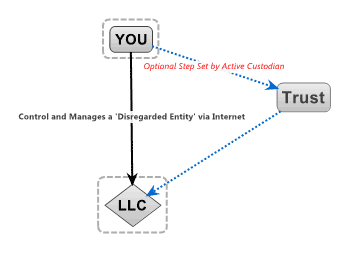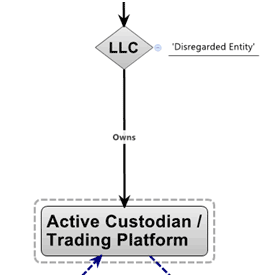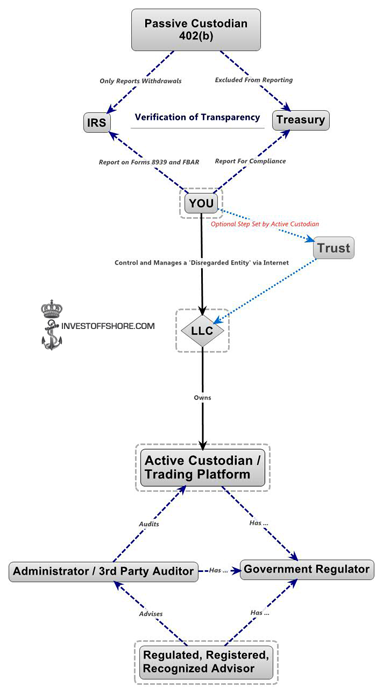Many countries have laws imposing secrecy on information about retirement plans and
this is in essence why FATCA allows for the ‘limited conditional’ category.
By their very nature, retirement plans are viewed and governed differently. There are
sanctions on dealing with retirement plan information which only a Regulator can decide
on. There are so many organizations with powers of search and seizure these days that
might otherwise demand access to sensitive information. Preventing this is important
because retirement plans are proprietary.
Moreover, the US Treasury has formally
determined that pensions carry a low risk of tax evasion and they are therefore exempt
from FATCA reporting.
Simplified Tax Reporting
The rule is simple: no W8 BEN-E, no transactions in U.S. dollars, but what exactly is a
W8 BEN-E Declaration? A W8 has been in existence for a long time. It is a declaration
by a non-U.S. individual concerning their tax status for U.S. tax purposes. The W8 BEN
declaration used to be very simple: a foreign company would declare that it was not a
U.S. company, not U.S. controlled and that it didn’t have U.S. income. This was all that
was necessary to allow any foreign company's U.S. counterparty to remit gross income
rather than deducting the required amount.
This has all changed since the introduction of FATCA, which has resulted in the
introduction of the new W8 BEN-E declaration. Unless the investment platform is able
to sign a W8 BEN-E on behalf of the individual, they cannot be party to any U.S.-dollar
investment without having some level of FATCA registration.
The FATCA status ‘limited conditional’ means that the institution is exempt from
reporting because it is deemed to be compliant and restricted information secrecy laws
override FATCA.. This is explicitly for foreign retirement plans as exempt beneficial
owners and also for administrators of FATCA identification number pension funds.
Request our free white paper
|






 About us
About us